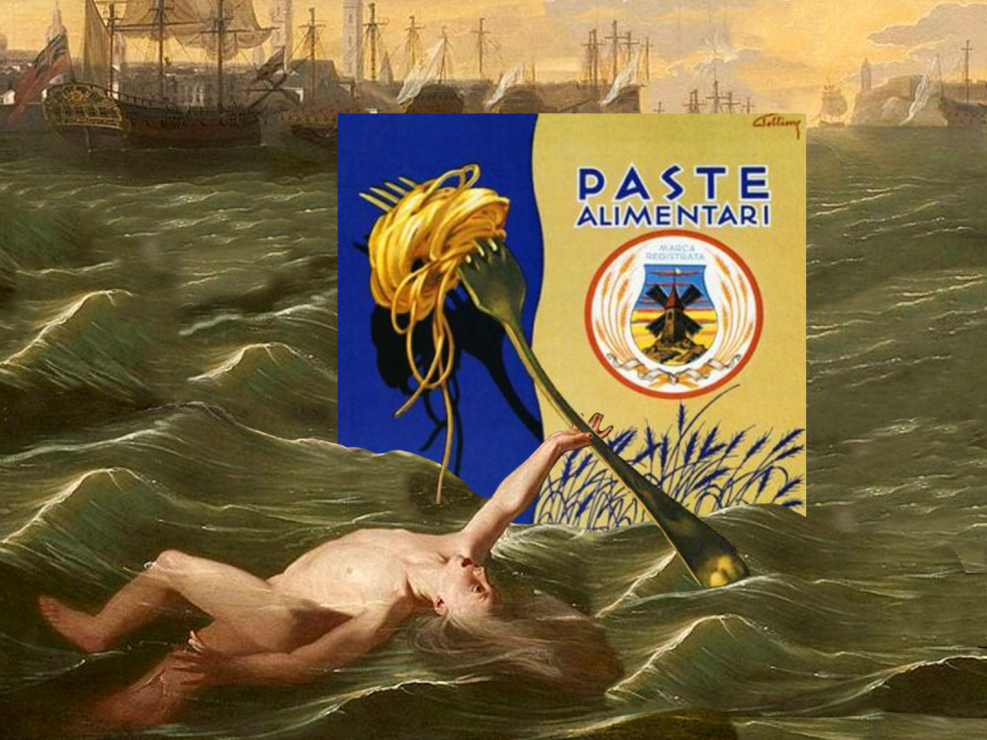As prices continue to rise, so does demand at the campus food bank

Graphic by Scott Van Haren.
As food costs continue to rise, now more than ever, students are feeling the burden. Prices rise, wages stay the same, and students suffer. Even the campus food bank is feeling the heat.
Last week, Quincy Pike bought milk, cheese, and eggs. “Those three things were fucking $25,” Pike, who had not gone grocery shopping in three weeks due to the price of food, told the Martlet. “Those [items] are becoming a luxury for me,” she said.
Pike is one of many students at UVic facing increasing food insecurity. Defined by Health Canada as “the inability to acquire … an adequate diet quality or sufficient quantity of food … or the uncertainty that one will be able to do so,” food insecurity is a factor in many students’ lives.
A report published last year found that as of the fall of 2021, 64.2 per cent of students at UVic were experiencing some level of food insecurity, a significant increase from the 47.5 per cent who reported such insecurities in 2020. Part of this change may be explained by the transition from online to in-person classes in 2021, but the snowballing cost of food and housing has been a factor as well.
Since the pandemic, inflation has been soaring and the price of groceries has skyrocketed. Last year saw the worst of it — a 9.2 per cent increase in food costs across B.C. Prices may have risen even more on the island, as the Community Social Planning Council of Greater Victoria reported a 25.7 per cent increase in the cost of food in 2022 from the previous year. This contributed to an overall 20 per cent rise in the cost of living in Victoria.
The price of food is expected to rise a further five to seven per cent in the coming year according to Canada’s Food Price Report. With little hope of any relief from the growing grocery bill, more and more students are being forced to seek food from places other than grocery store shelves.
This past summer, at a time when demand often slows for the UVSS Food Bank and Free Store, the program saw different results. Despite students leaving Victoria for the summer, the amount of people needing a supplemented supply of food remained steady.
Upon the return of the student body to Victoria, the pattern of insecurity has only continued. The Food Bank orders supplies to fit the needs of its dependents, and it has seen a 66 per cent increase in monthly costs from last year, according to Amanda Macpherson, the administration and services manager for the UVSS, which provides funding for the food bank.
T Schwab, a coordinator at the UVSS Food Bank and Free Store, told the Martlet that even more people are using the food bank since the new year.
“I’ve noticed [an increase] even from last semester to this semester and it’s only been a few weeks.”
According to Schwab, the Food Bank does well to provide for the needs of most but they are increasingly running out of some items before everyone’s needs are satisfied. “It’s difficult to say ‘sorry, we don’t have that,’ or ‘sorry, I cannot give you bread today,’” said Schwab. While the Food Bank never has to send people away, they have to say “no” often.
In the fall of 2021, when about 64 per cent of students reported being food insecure, the Food Bank served roughly 260 people per week. It now regularly provides aid to 500 people per week.
While the increase does not mean that more people are facing severe food shortages, it does indicate that more students are finding it harder to afford food. Much of the increase in food insecurity was among those found to be “moderately food insecure,” a number which jumped from 20.5 to 41.7 per cent between 2020 and 2021.
“There’s kind of this image that, if you’re going to a food bank, this is maybe the only food you’re getting,” said Schwab. However, they find that “food banks are mostly used to fill in the gaps for folks and their diets.”
This misconception is one factor that made Pike hesitant to start using the Food Bank.
“I stayed away from [the Food Bank] because I always thought that there was someone that needed it more than me,” Pike said. “If I was super desperate, I could call home, and someone would send me money. I just didn’t want to do that because I put myself in this position to live in a stupid expensive place.”
Eventually, Pike fell on a time where it became necessary to get food from the Food Bank. Upon speaking with a volunteer there, she realized that banks are there for people like her — anyone who needs help getting food. “Anyone that can’t eat should be there.”






